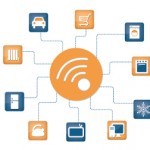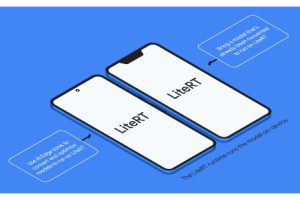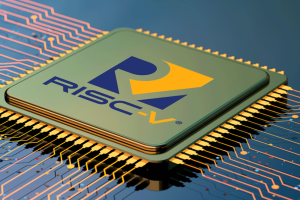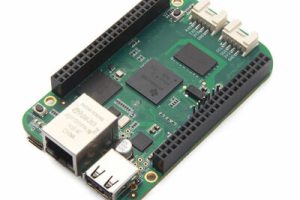Regardless of the hype, the internet-of-things (IoT) will provide significant value to business and consumers, provided suppliers can address real problems. In the industry, suppliers need to identify problems that the IoT can address – many of which are being addressed as “closed loop” solutions using specific wireless hardware.
Payback here can be very fast, from locating things and utilizing them more effectively to improving security and safety. Most implementations exist in islands of automation and the next step – if the problem requires it – is to join some of these systems up.
Then there are consumer applications – home automation being a strong contender, spurned on by Governments rolling out smart metering. The reality, however, is that consumer spending on home automation devices is sluggish due to the cost.
The marketing message of saving energy means that consumers are comparing the costs of the device to the energy saved. The model may be changing, with activities from media companies that sell subscriptions and equipment into your home taking an interest in IoT to deliver better connectivity and remote services for consumers.
Indeed, it is here that I see exciting prospects for the IoT – providing new services and connectivity for consumers. The models need to be thought through – consumers want things for free – with payment coming from other means, such as data use, advertising or consumer data.
I believe that those likely to succeed from this new ‘Internet of Things’ in the short term will addressing the challenges such as:
• Focussing on closed system implementations in the main, proving strong payback and then rolling out to more locations where you are solving a problem with a cheaper, more effective solution than any other. This includes building and process automation, logistics monitoring and stock control.
• Leverage existing hardware such as smart phones to do more useful things, based on new applications, such as indoor positioning systems connected to other hardware forms such as real time locating systems.
• Develop the platforms to start connecting existing islands of automation together.
• Offer new services to consumers they do not yet know they want – the biggest opportunity, but challenging to do and involves creative new business models, probably where the service is ‘free’ but paid for in kind by consumer data.
Representatives from Volvo, ABB, Bosch, Disney, IBM, Intel, ARM and Cisco will discuss these topics at the IDTechEx Internet of Things & WSN event taking place on 1-2 April in Berlin, Germany.
 Electronics Weekly Electronics Design & Components Tech News
Electronics Weekly Electronics Design & Components Tech News




